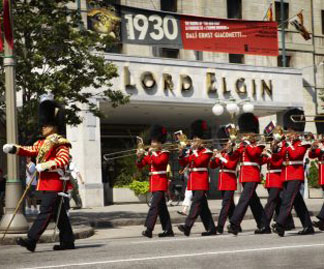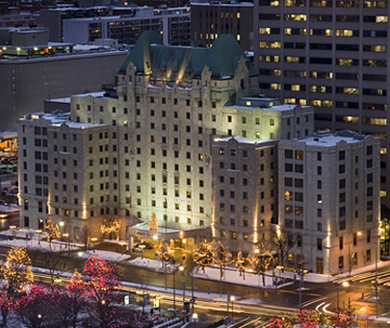Summer 2023 : some small good news from Westminster in the UK
Jul 23rd, 2023 | By Randall White | Category: In BriefRANDALL WHITE. FERNWOOD PARK, TORONTO. SUNDAY JULY 23, 2023. There was a time in these parts when more than a few citizens of the modern Canadian democracy still looked up to the political culture of the United Kingdom.
In my mind (in casual gear at any rate) all this is still vaguely reflected in the name of the Lord Elgin — “a prominent hotel … located … across from Confederation Park in Downtown Ottawa.”As Wikipedia further explains, the “twelve-storey limestone structure,” opened in July 1941 in an Ottawa increasingly busy with the Second World War, “was named after James Bruce, 8th Earl of Elgin, the first Governor General of the united Canadas.”
In fact, the old United Province of Canada (ie Ontario and Quebec) began life in 1841, in the wake of the Lower and Upper Canadian rebellions of 1837–38. Lord Elgin did not start work as Governor General until 1847.
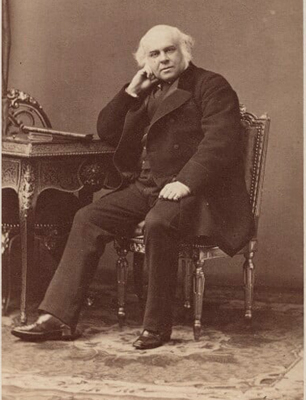
He is best remembered for (at last at the behest of the UK government across the seas) asking Canada East and Canada West Reformers who had just won a majority of seats in an election to form a “responsible government” in March 1848. (Though this marks only the second beginning of what we call our parliamentary democracy today, taking place shortly after Lieutenant Governor John Harvey did something similar in Nova Scotia, in February 1848.)
In Canada today the 8th Earl of Elgin is also memorable for negotiating the 1854–1866 Reciprocity (or free trade) Treaty between the United States and all the British North American provinces of the day.
According to legend, he took a vast supply of champagne to Washington to help stimulate negotiations. He especially reached out to pre Civil War Southern senators and congressmen of the 1850s, attracted to the argument that more North American free trade would prevent the British North American provinces from ultimately adding six far northern free states to the politics of the American Union.
Liberal aristocratic artifacts in Canadian political culture today?
Lord Elgin was just one of a number of ruling British aristocrats with vaguely liberal instincts who left a few high-minded marks on the evolving Canadian parliamentary democratic culture.
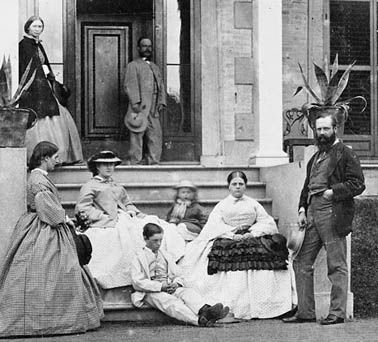
(They belonged to what historian George Lichtheim has called a 19th century “ruling oligarchy whose loyalty was solely to parliamentary government as such,” part of a unique “ruling class with a liberal outlook and a corresponding ability to understand the modern world … an aristocracy which combined political power with genuine attachment to political freedom.”)
Canadian political and public leaders have, to say the very least, not always lived up to the high-nded worldly ideals of the aristocrats who gave earlier generations useful lessons in making parliamentary government work (with the “democracy” being more of a 20th century addition).
Lately high-minded instincts of any sort have been virtually impossible to see in the Canadian federal parliament in Ottawa — and at least some provincial legislative assemblies as well.
And this is partly because the old high-minded aristocratic values, adapted to a newer age as in Labour MP Herbert Morrison’s Government and Parliament of 1954, 1959, etc have not been easy to see in the United Kingdom itself lately. Tragically, Donald Trump’s kind of very low-minded political rhetoric, virtually abandoning any form of plain truth, has not been confined to the USA (to say nothing of Canada, and many other places beyond the UK).
John Rentoul on Tony Blair and the Future of Britain Conference
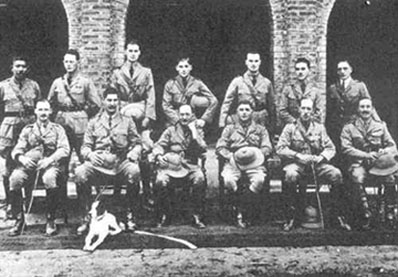
It was at any rate in this frame of mind that I was briefly pleasantly surprised when I read an email from the Independent a few days ago.
Suddenly I thought : now that’s the kind of UK political writing (and talking and so on) that I used to admire, as a Canadian educated locally when the last strong scent of the sometimes slightly noble (if also realistic and cynical) global political culture of the half-liberal empire on which the sun never dared to set (until 1950, say?) was still vaguely in the air.
I hope it won’t be too impolite to quote the entire Independent note that caught my attention. It was dated July 18, 2023 and in the general series, “The View from Westminster.” It was masterfully composed in three admirably short paragraphs by John Rentoul/Chief Political Commentator, and entitled “Tony Blair, prophet in his own land again.” The text read :
“The rehabilitation of Tony Blair continues. For a long time after he stepped down as prime minister, his name was mud. The rebalancing of his reputation started in 2016, when he was the most articulate exponent of the pro-EU case.
“Since then, he and his institute have built their reputation as the source of smart policies for government and opposition alike, notably “first doses first” during the vaccine programme.
“Today, Blair is the only person who could bring Ben Wallace, the defence secretary [in Rishi Sunak’s Conservative government], and Keir Starmer [current UK Labour Party leader] together in the same space, at his Future of Britain conference. From prophet cast out of his own land to the glue at the centre of politics, Blair is back in his rightful place at the heart of the British public conversation.”
Meanwhile, back at The Economist
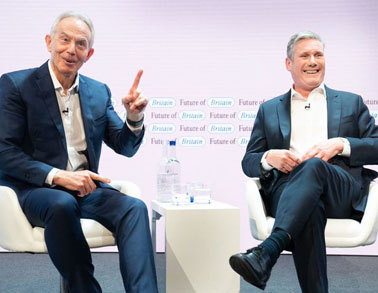
We do have a “Canadian public conversation” going on as well of course — in an increasingly wide variety of media open to various public realms in yet another increasingly divided society — or federation of several regional societies and/or provinces and territories.
But we seldom talk about such a thing. It may sound somewhat too high-minded, too much derived from the world of landed aristocrats who never had to worry about earning a living, and could afford to be high-minded about anything (and even then were not often enough, of course.)
And yet again, what at least strikes me as the virtues of this John Rentoul Independent account of the current Tony Blair revival in the UK were driven home by the quite different July 20 report on the Future of Britain conference after the fact in The Economist :
“Sir Tony Blair is now 70 years old. It is 29 years since he became Labour leader, and 16 since he left Downing Street. And yet still he puts on the slickest, most dazzling show in British politics. The Future of Britain conference, hosted by his Institute for Global Change in London on July 18th, had the aesthetics of an Apple launch and the speaker list of Davos. The audience mixed ageing New Labour ministers with the cream of parliamentary candidates for 2024 (the very bright and very loyal) for whom Sir Tony was their childhood. The event offered a relentlessly optimistic vision of a modernising Britain, fuelled by hope and technology.”
I am no great fan of the Tony Blair Institute for Global Change myself. And the Economist report did remind me of former UK Labour PM Harold Wilson and the “white heat of technology,” 1964–1970, 1974–1976 long ago. Yet even today what is wrong with “a modernising Britain, fuelled by hope and technology”? Then I discovered a somewhat different parallel event to Future of Britain held more than once by The Obama Foundation. (See The Obama Foundation Democracy Forum.) And at this point I realized that I have already been talking far too long!
